In the steel market in the Middle East region, a risk premium is reflected on prices in the short term due to political risks, especially the Iran-Israel tension. Higher energy prices and potential disruptions in critical maritime transportation routes in the region are pushing up production and logistics costs, putting pressure on rebar prices.
However, according to market players, demand in Saudi Arabia is not as brisk as expected and some buyers continue to push prices down. In the Saudi Arabian market, Ajeej's rebar prices are hovering between USD 547-613 per ton, while Alinma Steel's structural steel products are trading between USD 633-667 per ton. Prices are expected to be generally stable for this month, but there may be sudden fluctuations as long as energy and logistics risks persist.
In contrast, rebar demand remains strong in the United Arab Emirates. Abu Dhabi-based Gulf Steel Industries is responding to increased demand by increasing its production from 10,000 tons to 25,000 tons. Rebar prices in Dubai are between USD 640-666/ton on CPT basis. This shows that producers in the region are prepared for price hikes in the coming period.
In Libya, steel demand is on the rise due to major infrastructure projects. While the need for quality steel, especially for bridge and high-rise building construction, is on the rise, Libyan producers dominate the domestic market and imports are limited. This shows that local products in the Libyan market are focused on price and quality.
In sum, while political and economic risks in the Middle East steel market put upward pressure on prices in the short term, regional differences in demand stand out. In the UAE, buoyant demand and increased production support price increases, while in Saudi Arabia, prices are stable for the time being but a cautious outlook persists.


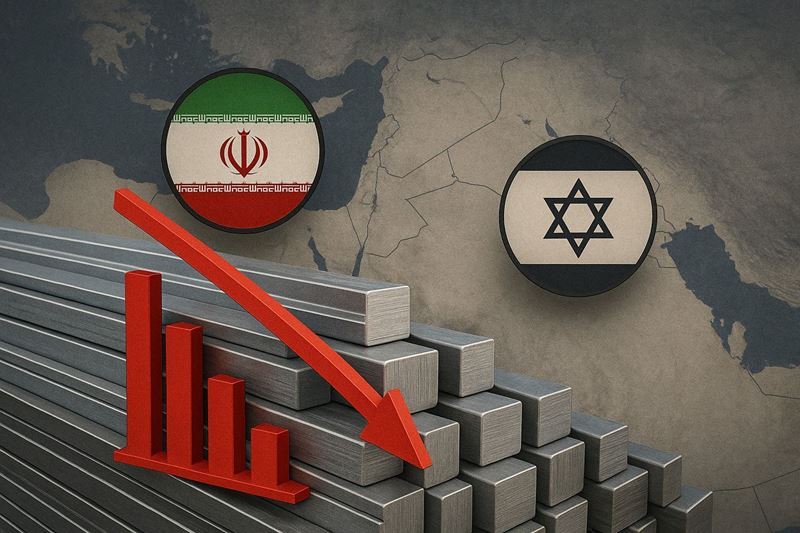

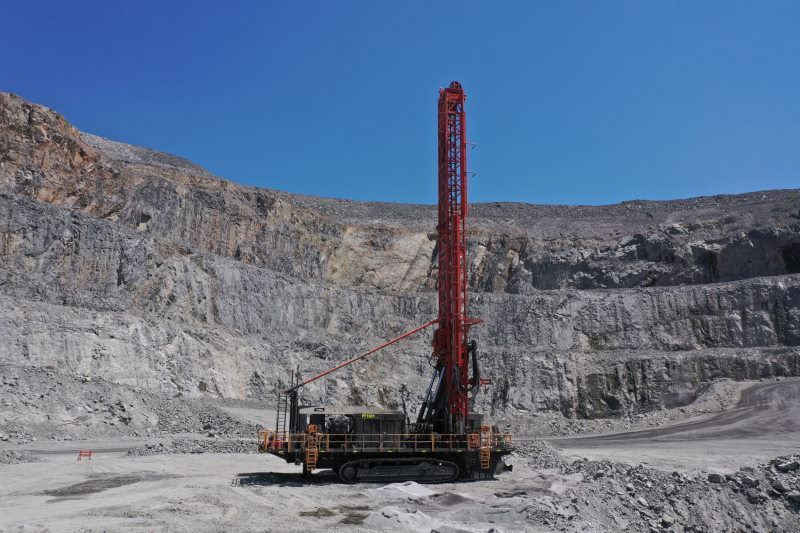
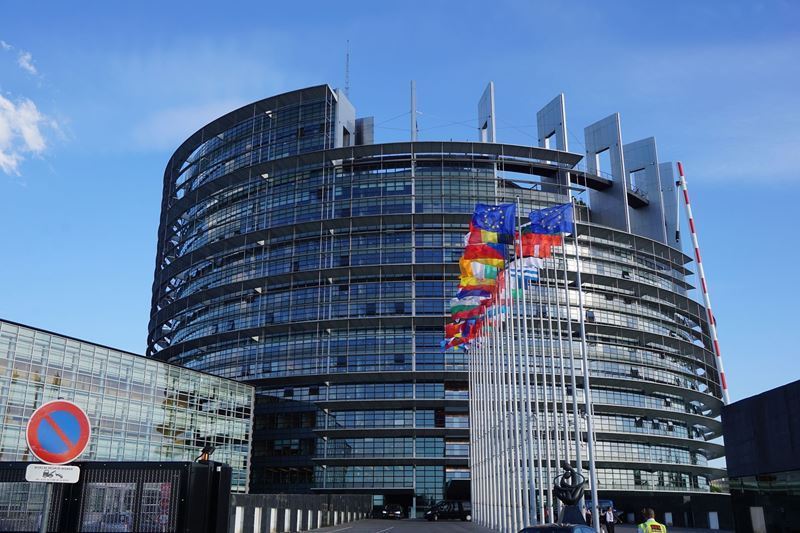
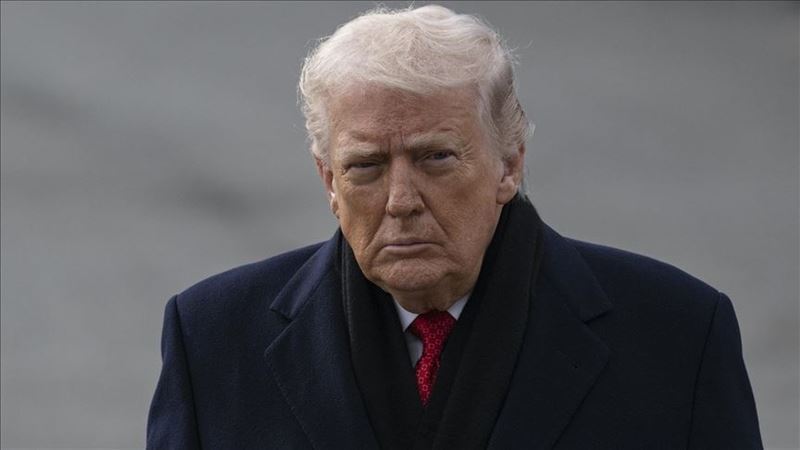
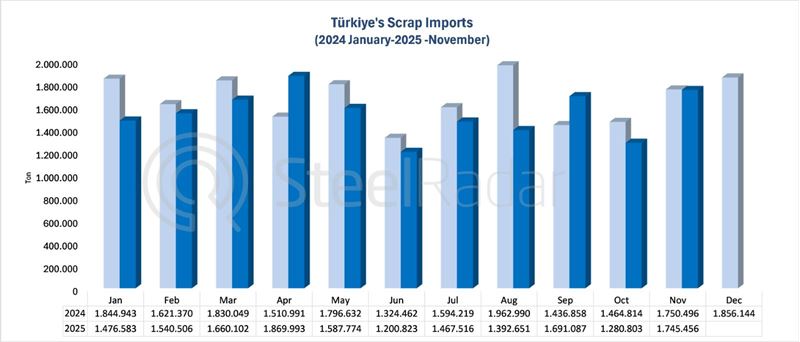


Comments
No comment yet.